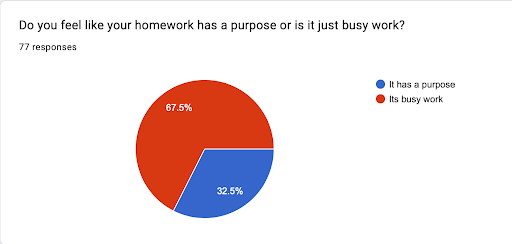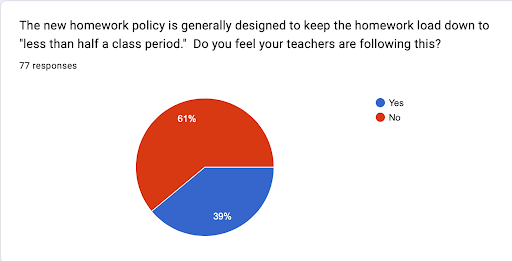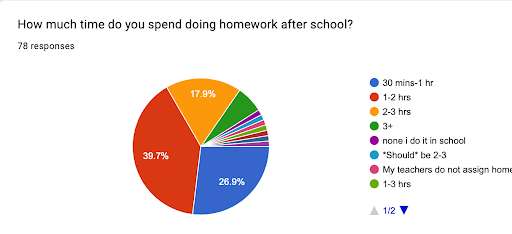Is the New Homework Policy Working?

Photo Source: Pexels.com
November 21, 2022
No matter how often teachers and parents try to emphasize the importance of homework to students, it is almost never worth the overwhelming amount of time it seems to take. Sports, jobs, and other after-school priorities leave little time in the afternoon for homework, and most students fail to see the importance of it once it starts cutting into other interests. Even without other activities, homework is almost never desirable, especially when it is busy work that has little to no obvious influence on a student’s education. This brings up the question: would homework be more appreciated if it took up less time and had a clear purpose?
What is it?
This is what the new Pentucket homework policy is trying to enforce: a “defined purpose [with] value to the teacher and student.” Although the school makes it clear that homework amount will vary depending on class difficulties and levels, the goal is for an assignment to be completed in “less than half a class period.” Teachers and members of the new grading and homework policy have made it a priority to focus students on the activities in class and apply that knowledge to tests or quizzes. Despite the importance of this new policy, many students feel their teachers are not enforcing it.
The positives
With more time after school, students are able to focus on other opportunities, along with their priorities, that positively influence their mental well-being. They should be less overwhelmed with what they have to accomplish after school and more focused during class. This creates a work-life balance that decreases stress and improves productivity in school.
Students’ Opinions
Out of 78 students, 61% feel their teachers are not enforcing the new policy, and 67% feel most of their homework is simply busy work. When teachers assign homework that is repetitive or not helpful in class, students come to resent it and fail to see its importance. Homework should be something that is helpful for both students and teachers; preparing students for class or future assessments. When it is not offering a clear purpose, students often get overwhelmed and disregard the possibility of it being helpful at all.


The majority of students, 39%, spend one to two hours after school doing homework while 18% spend two to three hours doing homework every day. Considering different class levels and difficulties, the homework policy is working. Only a small fraction of students have a huge workload, with 6% reported having three or more hours of homework a night.

The downside
For the goal of the administration and its policy, the poll results are hopeful. Others, however, have a different view of the situation. Some students, like Justin Doucette, feel their homework amount is underwhelming, and their education is “not complete.” His opinion introduces the flip side to the new policy: with less homework, are students getting less education? With less homework, there is less time for students to enforce what they already know. Students like Justin feel they need to assign themselves homework to succeed. Others may not realize they need the extra practice, however, leading to lower test scores and generally a lower efficiency level in class.
Generally, the new policy seems to be an effective change to accompany the new building; It promotes self-management and a work-life balance, leading to increased productivity. Strictly speaking, the new policy has done its job- students spend less time on homework after school. As the year progresses, it will become more clear if the policy is working for the majority of students. Hopefully, if students use it to their advantage, less homework can be particularly valuable.











Angie • Dec 15, 2022 at 8:25 pm
I have heard many different opinions on the homework policy and I agree entirely with the other students that said it is either ¨busy work¨ or that the teachers don´t follow it. I don´t receive as much homework as I used to, but whenever I do get homework, I don´t see its importance. Now that homework is worth 10%, I think, ¨do I really have to do it?¨ Now that there is a change in the policy, I feel like I am more upset with my grades since it depends on my test scores. I don´t think this homework policy has done anything good since most teachers don´t follow it, and the grading isn´t any better.
Josh Paige • Nov 21, 2022 at 11:28 am
There have been many thoughts going around the school about the homework policy. I have mixed emotions but have noticed that the policy is causing teachers to fly through some of the topics covered. Overall, the change in policy has reshaped the pentucket grading.